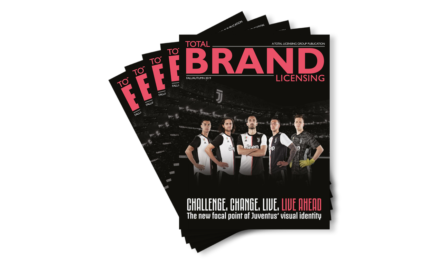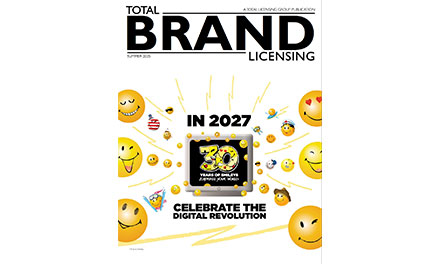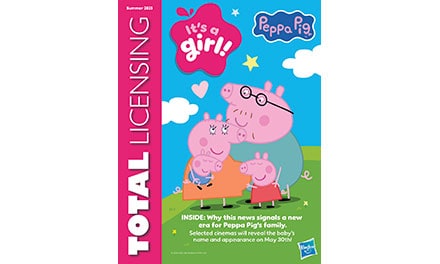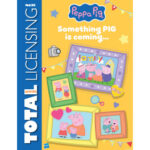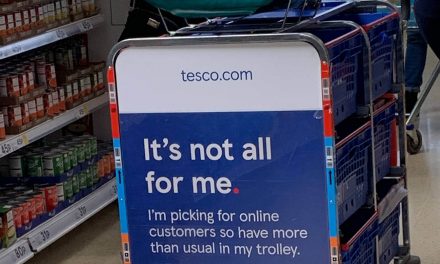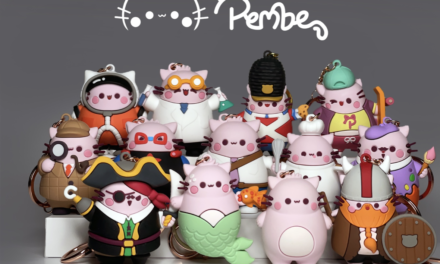
The New Disruptor: Acknowledging the earth-sized elephant in the room – Over Consumption
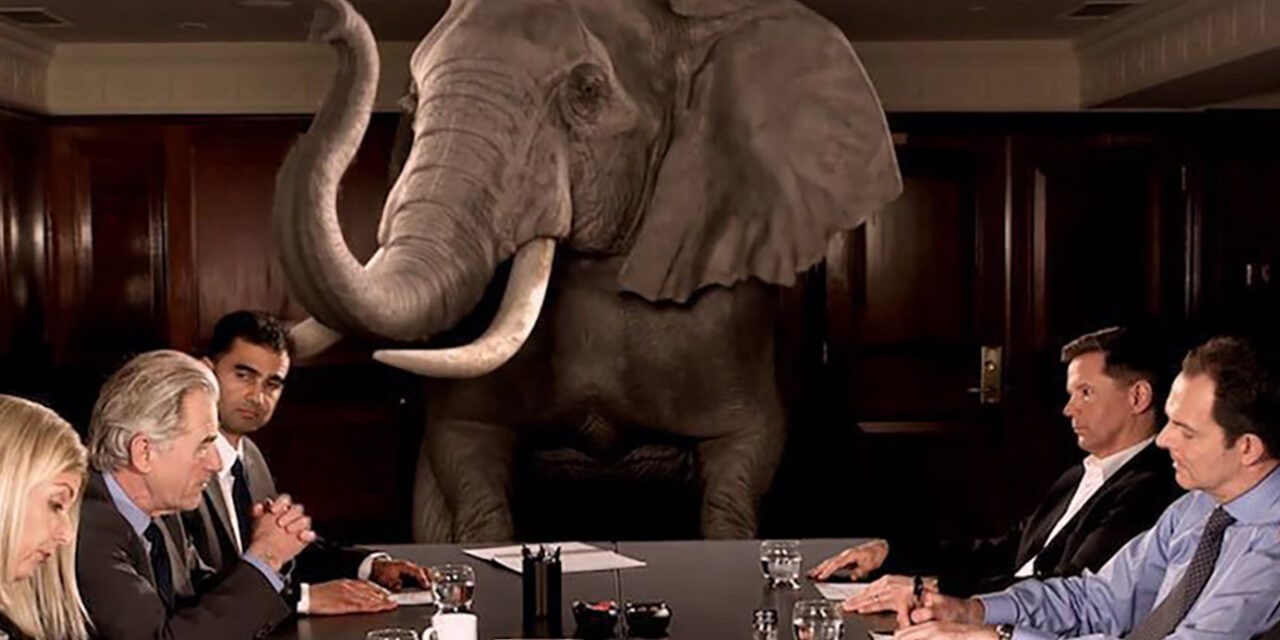
Pivot… Outside the box… Move the needle… Disruption… Sustainable.
Business buzzwords we’ve heard a lot in recent months, particularly in relation to business and Covid19. One that always bugged me (and I’m not much of a fan of most business buzzwords) is “disruption.” It’s one that is dropped in many business presentations and webinars and is often used alongside “leaders” within their respective sectors. But when I delve further these (often self-professed) “disruptors” or “leaders” are simply driving forward business as usual with only incremental changes in direction. This is particularly profound when it comes to sustainability and business.
But before I proceed, it’s worth reminding ourselves of a couple of definitions; first “disruption”:
“a person or thing that prevents something, especially a system, process, or event, from continuing as usual or as expected”
And secondly; “sustainability”:
“Sustainability focuses on meeting the needs of the present without compromising the ability of future generations to meet their needs.”
Sustainability is an intergenerational responsibility that needs to be taken on by all levels of society, including business and governments. Within the brand licensing industry, the sustainability agenda is moving further up the conversation. While there are some companies making inroads to be truly sustainable, there are many more where this is still used for pure marketing purposes or the shareholder’s CSR check box.
So, we will see a capsule collection of t-shirts or shoes made from recycled bottles, or toys being put into degradable/recyclable packaging and the virtual tapping on the back will reverberate around the trade press or LinkedIn. In the meantime, business is carrying on as usual, profit is still placed before planet and people as we press harder on the accelerator toward 1.5C global temperature rise and beyond.
While many of the moves made by companies are honourable and important incremental changes, they do not go deep enough to enact the systematic changes required to prevent the environmental disaster we are facing and starting to experience. A wise man (Marc Buckley) once said, “if you slow down or reduce your speed while driving on the highway in the wrong direction, you are only going slower in the wrong direction.” We cannot wait for governments to legislate for the changes we need. As businesses, we need to lead the way and be the disruptors to turn our vehicles around and head in another, truly sustainable direction.
To be a disruptor in this multi-billion-dollar industry means addressing the earth-sized elephant in the room – over consumption. Paul Dillinger, vice president of global product innovation at Levis Strauss & Co did just that in a recent interview with Vogue saying, “We should use this painful downtime to think about what we’ve done and accept that these circumstances may have finally ‘right sized’ an industry that lacked the courage or discipline to appropriately manage its own excesses.” Dillinger went on to explain why they are encouraging responsible or mindful shopping, acknowledging the environmental damage jean production has caused, and how they are addressing this via their WellThread initiative.
When we think of disruptors in the consumer products world, Tesla usually jumps to mind having led the way on electric vehicle tech. Another is Patagonia – a brand that for more than 40 years has committed to finding solutions for the environmental crisis, leading the way in the ‘right to repair’, selling second-hand gear, as well as being part of 1% for the planet and supporting the sports activism movement.
Iceland supermarkets – a small player in the UK supermarket realm by comparison but big on its values. They have led the charge removing palm oil and single use plastic from all their own brand ranges and continue to challenge their supply chain to do the same. Their leadership and ‘courage’ in doing what’s right has increased their brand awareness and value among consumers.
Outside of the traditional consumer products world there are people and companies who stand out as disrupters on the sustainability stage. Interface, (a global commercial flooring company) is one such company, who have been working toward net zero carbon emissions since 1994 and will achieve this in 2020. They now have the ambitious target of what they call “Climate Take Back” where they want to reverse the effects of global warming. They have embraced sustainability at every level of their business from the beginning and are leaders in the field.
Sustainability is also about transparency. Triodos Bank are founded on the principals of transparency, fairness and sustainability – all their investments are public. They focus on ensuring money is invested in organisations or businesses that are benefitting the world – ecologically, socially etc.
Back in the realm of consumer products, Unilever has announced they are adding the carbon footprint on all their products. This will also then force their existing and potential suppliers to do the same. A ripple in a pond becomes a wave. Alongside this they are also investing in putting all their brands through B-Corp certification and committing €1billion to green recovery investments. They are leading the way in the FMCG sector.
The common thread among these leaders in sustainability is the acknowledgement of the climate crisis and their full commitment to change direction for the better of people and planet.
Within consumer products and the brand licensing industry I beg the question – are the true disruptors the ones that address the effects our encouragement of over consumption and the current broken capitalist model is having on the health of the planet and therefore us and take responsibility for this?
I will finish with a quote from Apple’s CEO, Tim Cook, (a company who changed the whole way we consume music and media.)
“If you have built a chaos factory, you can’t dodge responsibility for the chaos!”
By Trudi Bishop, Director, Bee Licensing. Trudi@beelicensing.com
